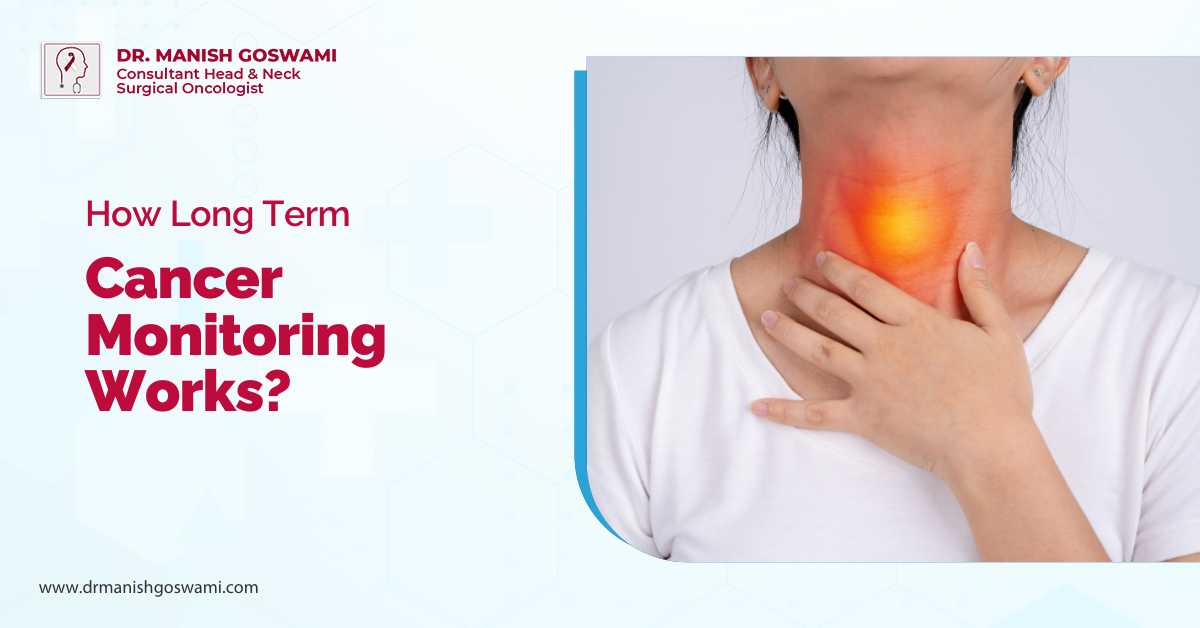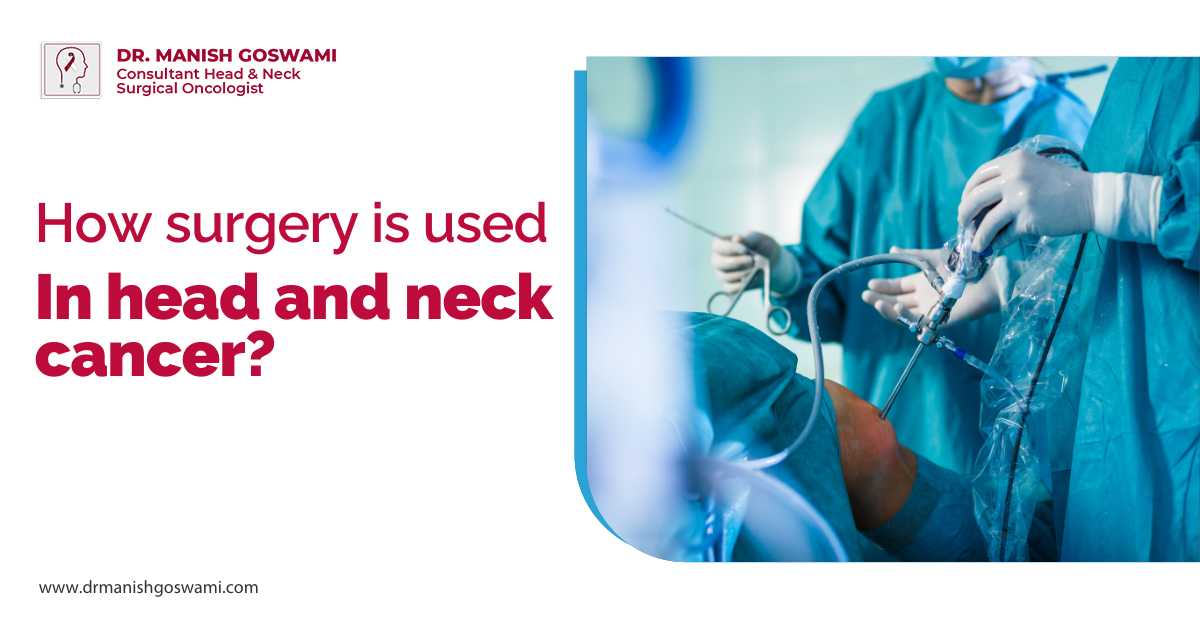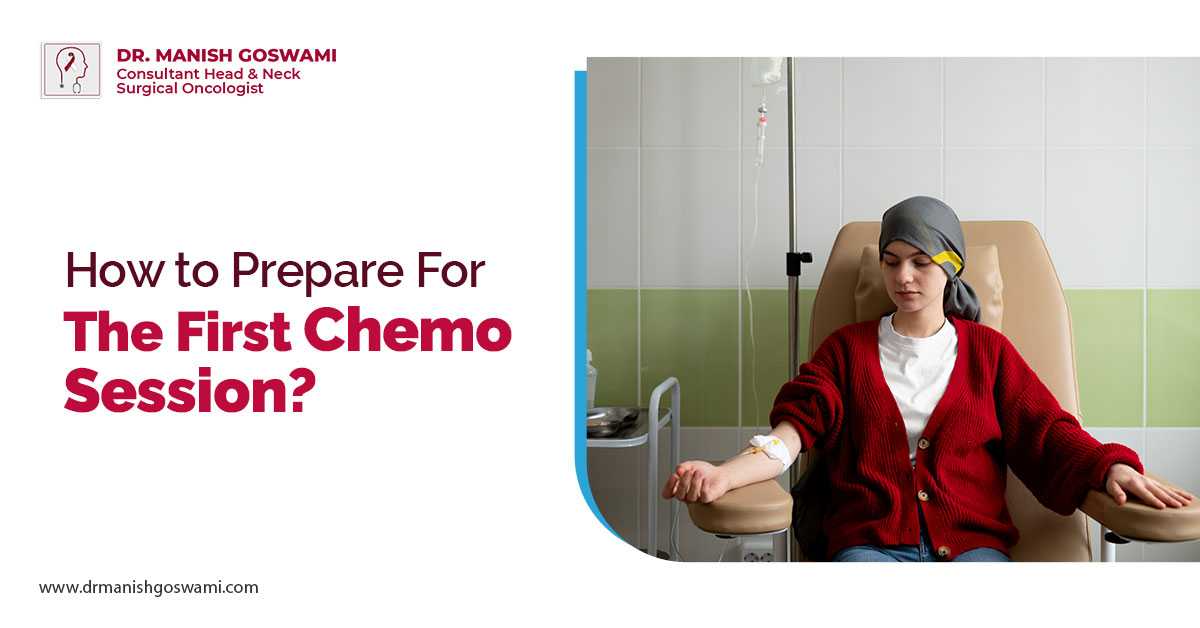In India, still, one of the main causes of mortality is cancer. It’s important that you understand the most common cancer types in India. This disease has many contributing factors, like lifestyle factors, environmental causes, family history, and food habits.
When you know your risks, recognize early warning signs, and take preventative action, this will help your recovery be more optimal. This guide will provide you with concise, understandable information about the top 10 most prevalent cancers that Indians are now facing, whether you're looking out for yourself or your loved ones.
Breast Cancer
While it primarily affects women, it can strike men as well. Contributing factors for breast cancer can be sedentary lifestyles, family history, a personal history of breast cancer, dense breast tissue, no pregnancy, alcohol, obesity, old age, etc.
Typical signs and symptoms:
- A mass in the underarm or breast lump
- Change in the size or form of the breasts
- Unusual discharge from the nipple
- Redness or dimpling of the skin
Screening and Prevention:
- Frequent self-analysis
- Clinical examinations of the breasts
- Mammograms after the age of forty (as advised by your doctor)
- Weight control and a healthy lifestyle
- Avoid exposure to second-hand smoke
It's good news that breast cancer may be effectively treated in its early stages and with accurate diagnoses and personalized treatment.
Lung Cancer
- Chronic coughing
- Sputum with blood in it
- Breathlessness
- Pain in the chest
- Wheezing
- Unexplained fatigue
- Shoulder discomfort or pain
- Avoid second-hand smoke and smoking
- In contaminated cities, use natural air purifiers
- CT scan for people at high risk, as advised by a doctor (smokers over 50)
Oral Cancer
- Chronic mouth sores
- Patches of white or red in the mouth
- Chewing or swallowing issues
- Numbness or bleeding that doesn't make sense
- Avoid tobacco in all forms
- Don't drink too much
- Frequent dental examinations
- Oral screening for early detection
Cervical Cancer
- Vaginal bleeding during sexual activity
- Noticing vaginal bleeding between periods
- Unusual discharge (bloody discharge)
- Pain in the pelvis
- After age 21, have a Pap smear every three years.
- HPV vaccination for 9–14-year-old females
- Having safe sexual relations
- Keeping away from smoking
Stomach Cancer or Gastric Cancer
- After eating, bloating
- Indigestion
- Heartburn
- Feeling of extreme tiredness
- Throwing up often
- Stools with blood in them
- Avoid processed meals
- Treat infections caused by H. pylori
- Endoscopic evaluation of individuals at high risk
Colorectal Cancer (Colon and Rectal Cancer)
- You notice changes in your bowel habits
- Stools with blood in them
- Unaccounted-for weight loss
- Unexplained fatigue
- Abdominal pain
- Bloated stomach
- Vomiting and shortness of breath
- A diet rich in fruits and vegetables and high in fiber
- Colonoscopy after the age of fifty
- Frequent, moderate physical activity
Ovarian Cancer
- Bloating in the abdomen
- Pain in the pelvis
- Urinating a lot
- Early satiety (rapid sense of fullness)
- Feeling full just after eating
- Losing weight
- Abdominal swelling
- Back pain
- Routine gynaecological examinations
- Ultrasound transvaginal for women at high risk
- Knowledge of family history
Liver Cancer
- Pain in the upper abdomen
- Jaundice
- Abdominal swelling
- Feeling queasy
- Chalky stools, nausea, and vomiting







